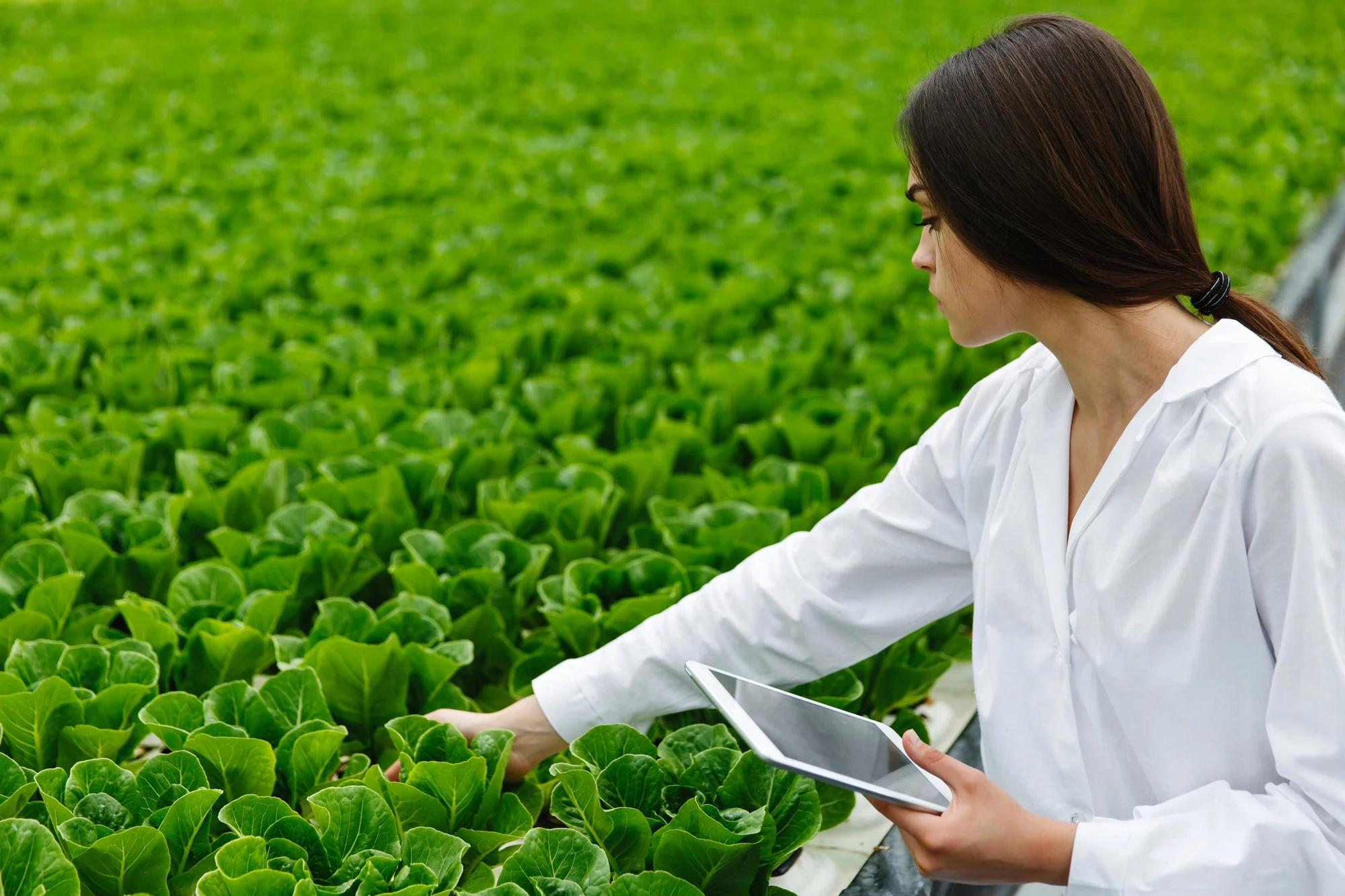Warning: foreach() argument must be of type array|object, bool given in /home/u780765189/domains/akshayseed.com/public_html/wp-content/themes/akshayseed/single.php on line 8
Modern Farming Practices Every Farmer Should Know
Modern Farming Practices Every Farmer Should Know
Farming is evolving rapidly with technology and sustainable methods. Modern farming practices help farmers increase productivity, save resources, and improve crop quality. Here are the key practices every farmer should know.
1. Precision Farming
Precision farming uses technology like GPS, sensors, and drones to monitor crops and soil health. It allows farmers to apply water, fertilizers, and pesticides accurately, reducing waste and increasing yield.
2. Organic Farming
Organic farming avoids synthetic chemicals and focuses on natural fertilizers and pest control methods. It improves soil health, produces healthier crops, and is increasingly in demand in the market.
3. Hydroponics and Aquaponics
Hydroponics and aquaponics are soil-less farming methods. Hydroponics grows plants in nutrient-rich water, while aquaponics combines fish farming with plant cultivation. Both methods save water and space.
4. Use of High-Yield Seeds
Modern farming relies on high-yield and disease-resistant seeds. These seeds help farmers get better harvests even in challenging environmental conditions.
5. Efficient Irrigation Techniques
Water management is crucial. Techniques like drip irrigation and sprinkler systems reduce water usage, prevent soil erosion, and improve crop growth.
6. Integrated Pest Management (IPM)
IPM combines biological, cultural, and chemical methods to control pests. It reduces dependency on harmful pesticides, protecting the environment and crop quality.
7. Crop Rotation and Diversification
Rotating crops and diversifying plantations help maintain soil fertility, reduce pests, and ensure steady income for farmers.
8. Use of Modern Machinery
Tractors, harvesters, and automated equipment save labor and time. Modern machinery ensures efficient planting, harvesting, and post-harvest handling.
9. Climate-Smart Agriculture
Farmers need to adapt to changing climate conditions. Using drought-tolerant crops, monitoring weather patterns, and efficient water management are part of climate-smart practices.
10. Digital Tools and Farm Management Software
Using mobile apps, software, and online platforms helps farmers track crop growth, monitor market prices, and plan farming activities more effectively.
Conclusion
Adopting modern farming practices not only improves productivity but also ensures sustainable agriculture. Farmers who embrace technology, smart techniques, and eco-friendly methods can secure higher yields, save resources, and contribute to a healthier environment.


